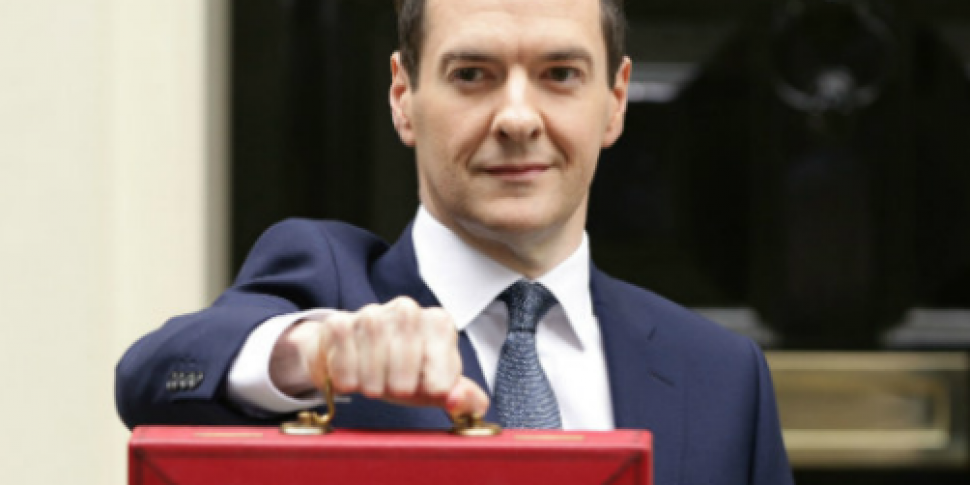Britain faces a fall in wages and living standards after official economic forecasts were downgraded, a leading think-tank has warned.
The Institute for Fiscal Studies (IFS) said revisions to productivity forecasts set out by the Office for Budget Responsibility (OBR) would have repercussions for everyone and not just the public finances.
These changes had resulted in £56bn lost "down the back of the sofa" according to the OBR's Budget predictions compared to its previous expectations at the time of the Autumn Statement in November.
IFS director Paul Johnson said: "That loss largely arises from changes in assumptions about future productivity growth feeding in to lower economic growth over the rest of the Parliament. If the OBR is right about that we should all be worried.
"This will lead to lower wages and living standards, not just lower tax revenues for the Treasury."
Productivity - measuring economic output per hour worked - is a key measure because it is seen as the key driver of income growth. Bank of England governor Mark Carney has said the nation's shared prosperity depends on it.
Now it has proved to be a key factor in the official outlook for the economy and, in turn, the public purse.
Setting out the IFS analysis, Mr Johnson took Chancellor Osborne to task saying he had "made rather too much" of an extra £27bn "found down the back of the sofa" by the OBR in November.
Since then, mainly due to the lower productivity forecast, it had lost £56bn resulting in a net loss of £29bn over the two fiscal announcements, he said.
The analysis raised questions about how the Chancellor continues to expect that he will achieve a Budget surplus by the 2019/20 financial year, saying it appeared to be based on "shuffling of money" as well as a "wholly unspecified" spending cut of £3.5bn.
In the longer term, public finances are kept on track "only by adding yet another year of planned austerity" with spending in 2020/21 now set to be £10bn less than planned.
Mr Johnson said the Chancellor was "running out of wriggle room" to achieve his self-imposed target of achieving a surplus by the time of the next general election.
But he added that the target was "economically irrelevant" because public finances will still be in much better shape than they were and the deficit nearly eliminated.
"That will represent a huge turnaround over the decade," Mr Johnson said.
Elsewhere the IFS gave a mixed verdict on the Chancellor's measures to tackle tax avoidance, saying they may also reduce incentives for genuine investment.
Meanwhile the case for a sugar tax was described as "a sound one in economic terms" though it as a "curious structure" and cuts to capital gains tax follow in the tradition of "confused and indecisive chancellors", according to the IFS.
Separate analysis by the Resolution Foundation found that Mr Osborne's Budget changes to income tax thresholds would boost the incomes of the richest fifth of households by an average £225, and the poorest fifth by just £10.
Earlier, the Chancellor defended his credibility ahead of the much-anticipated IFS report, saying it was "not fair" to say his high profile announcement of a sugar tax on soft drinks had been introduced to distract from weak economic figures.









